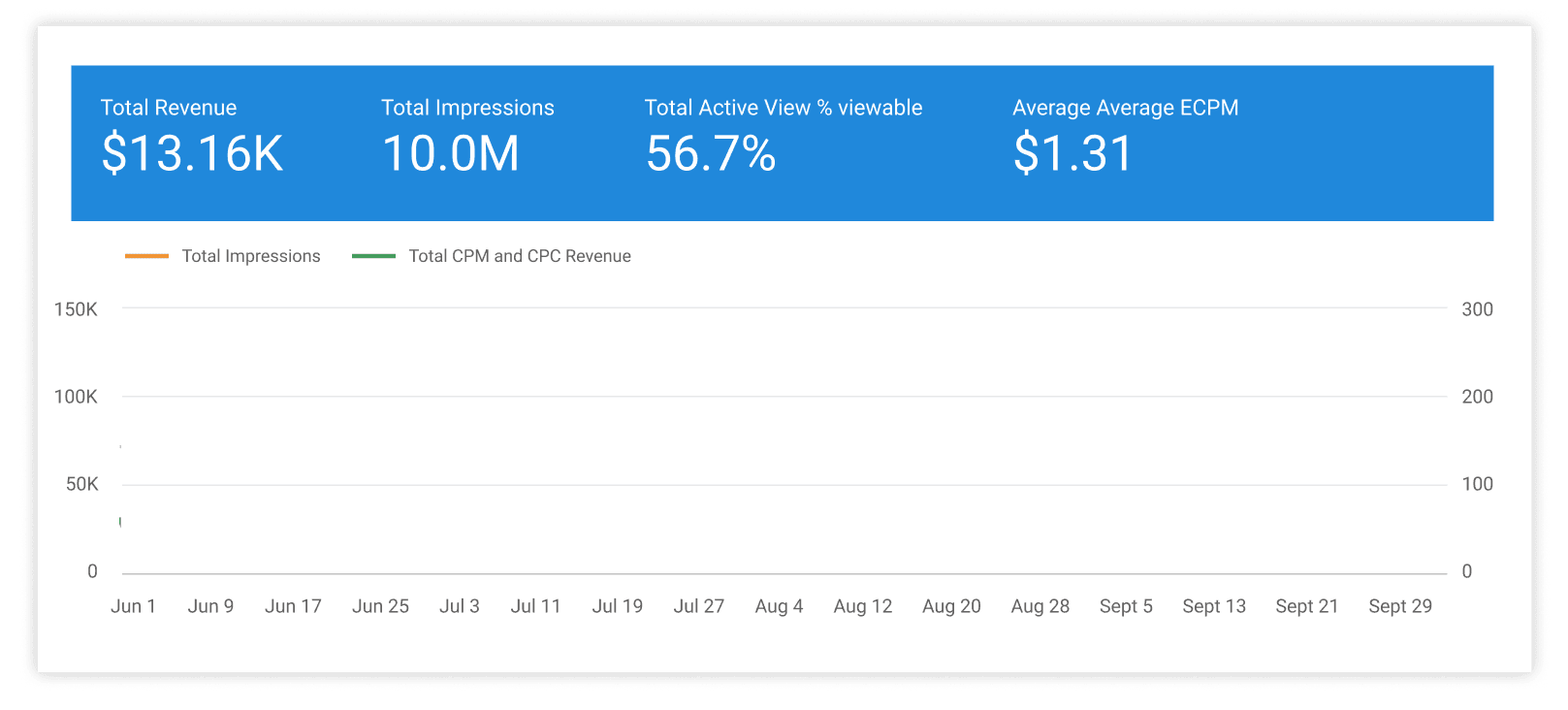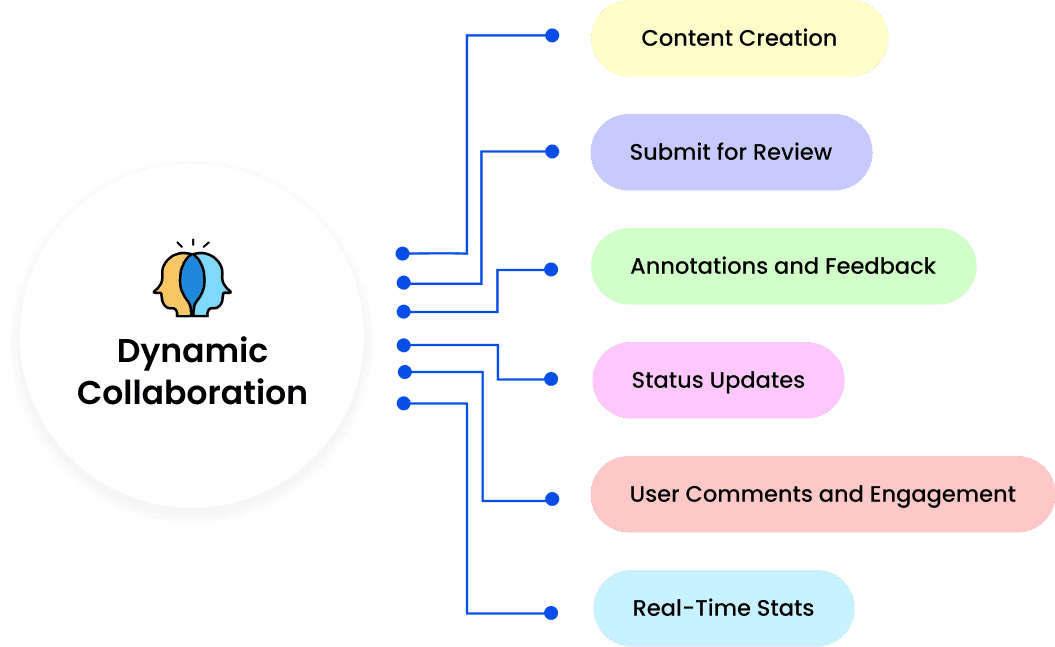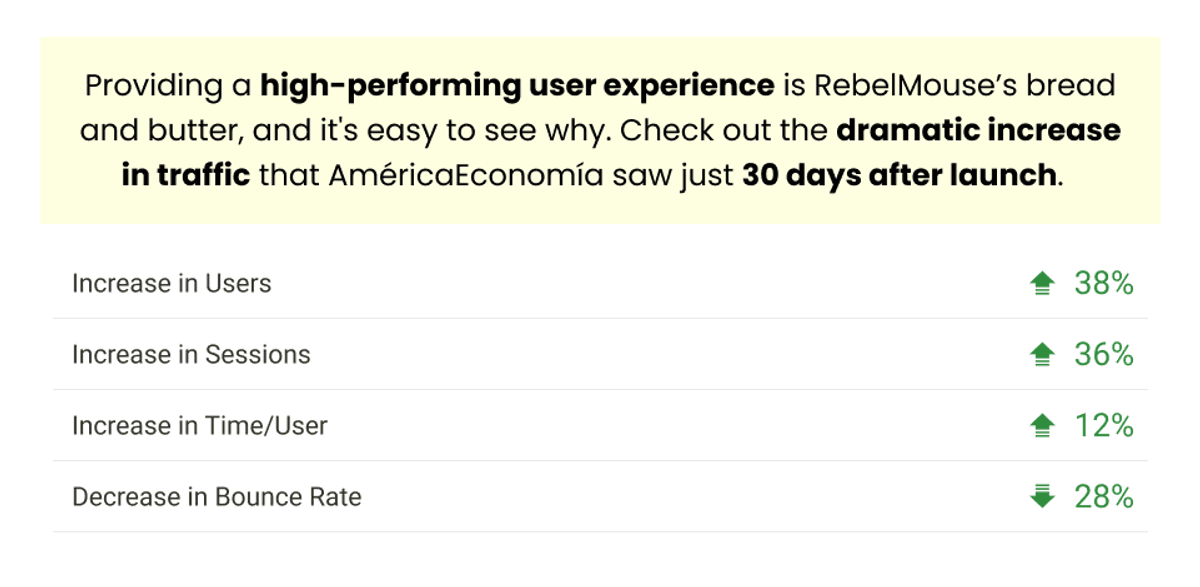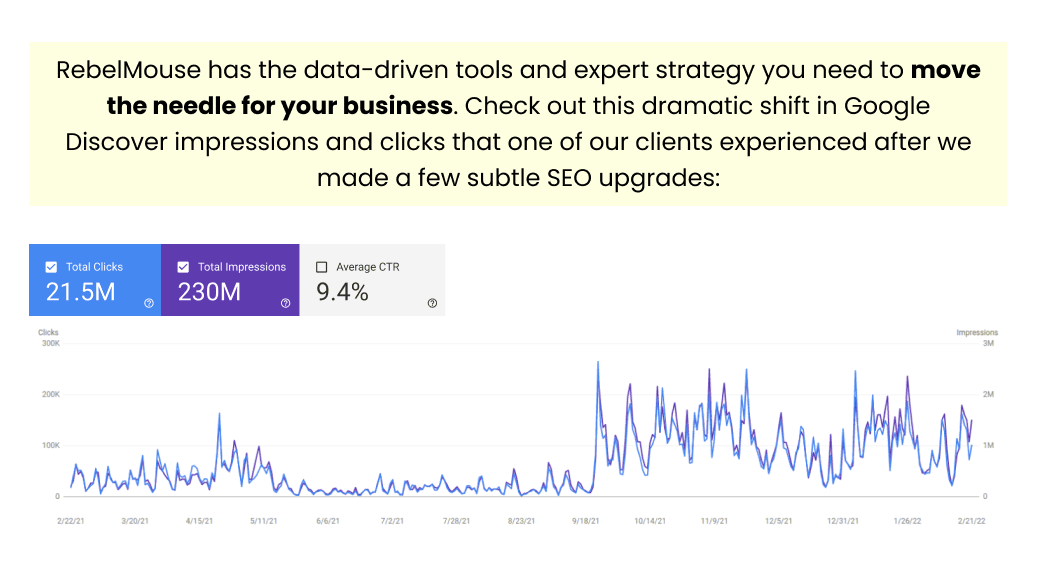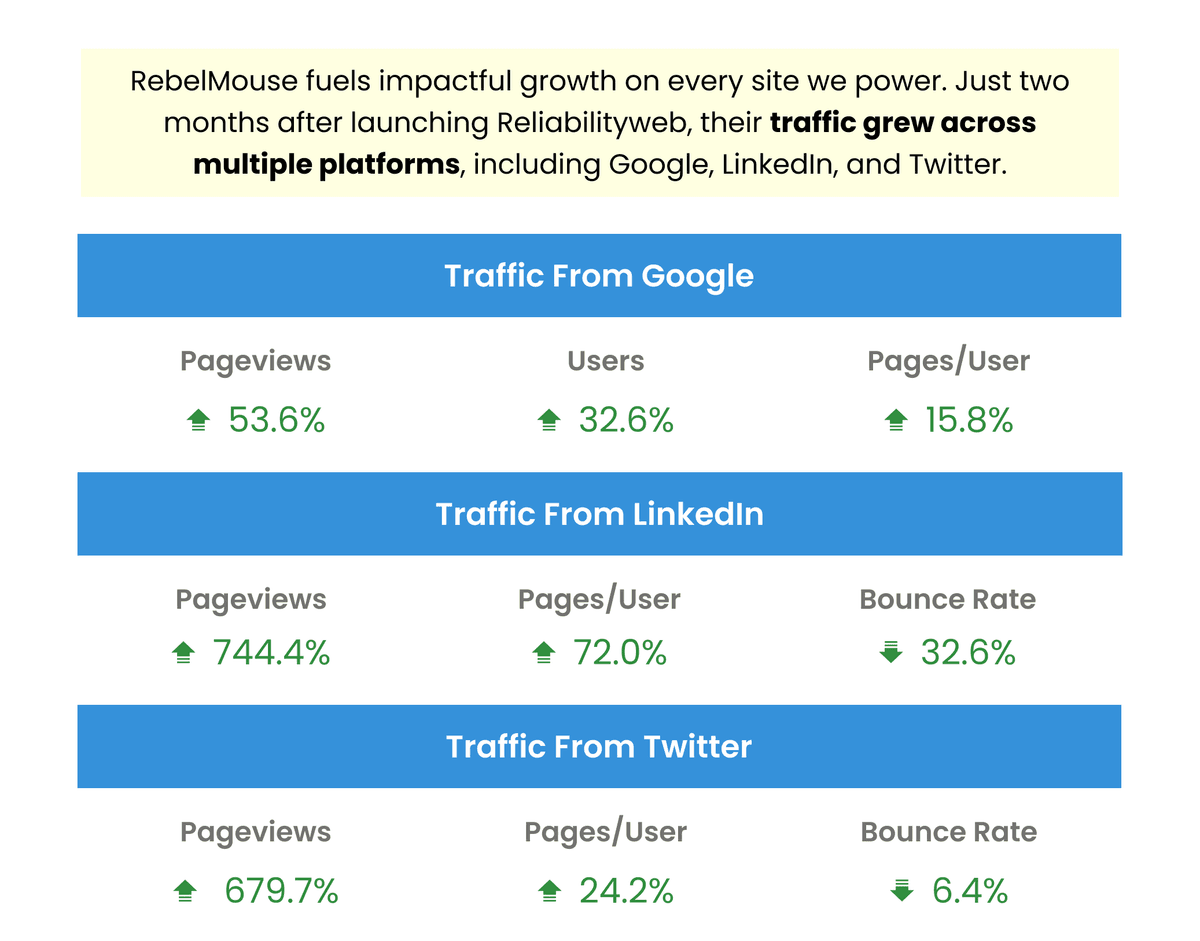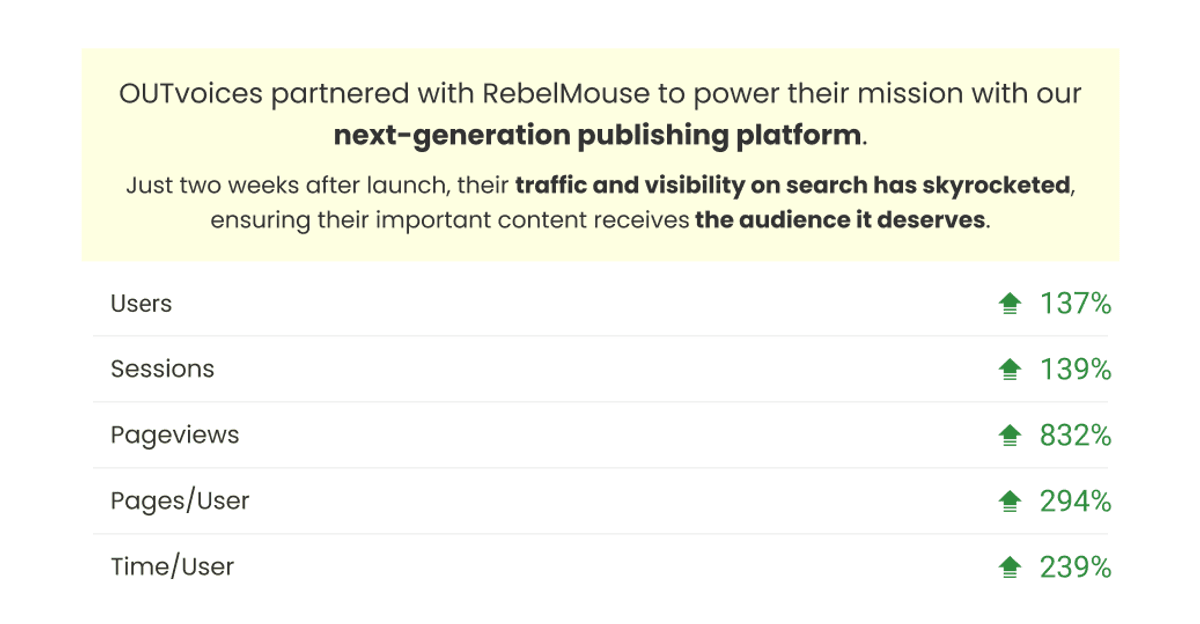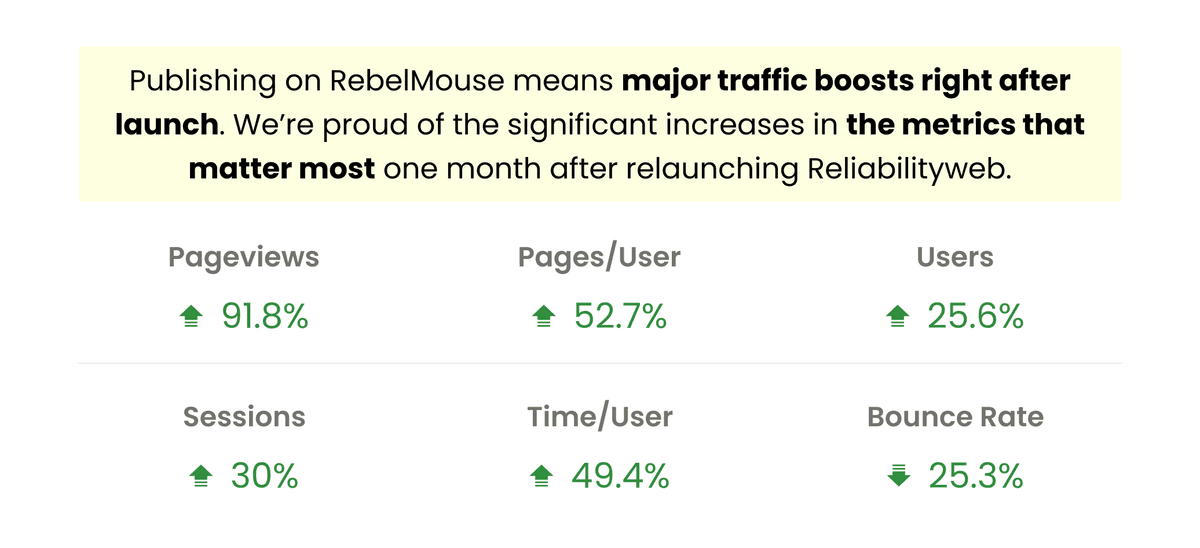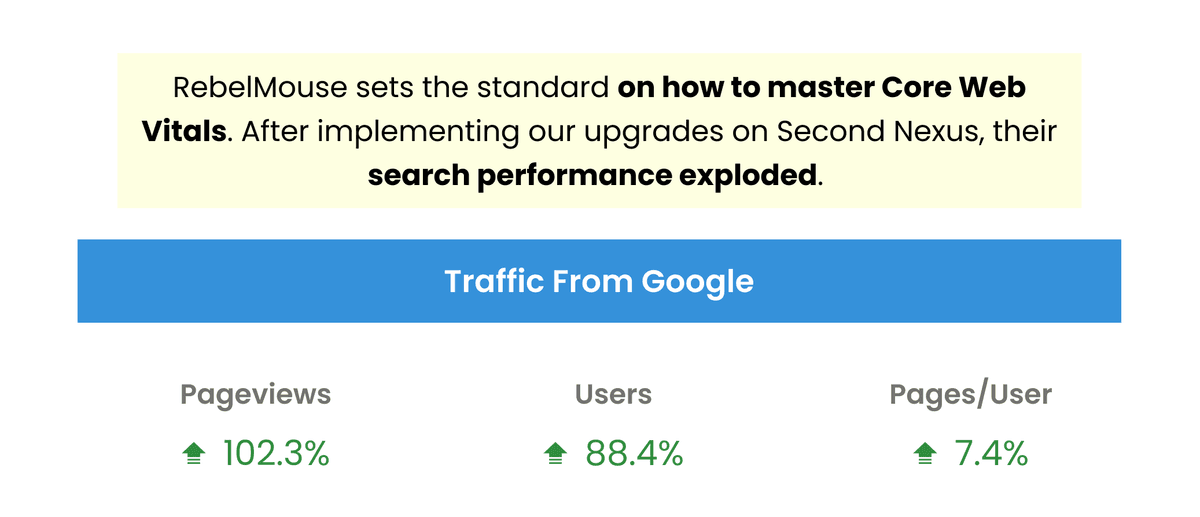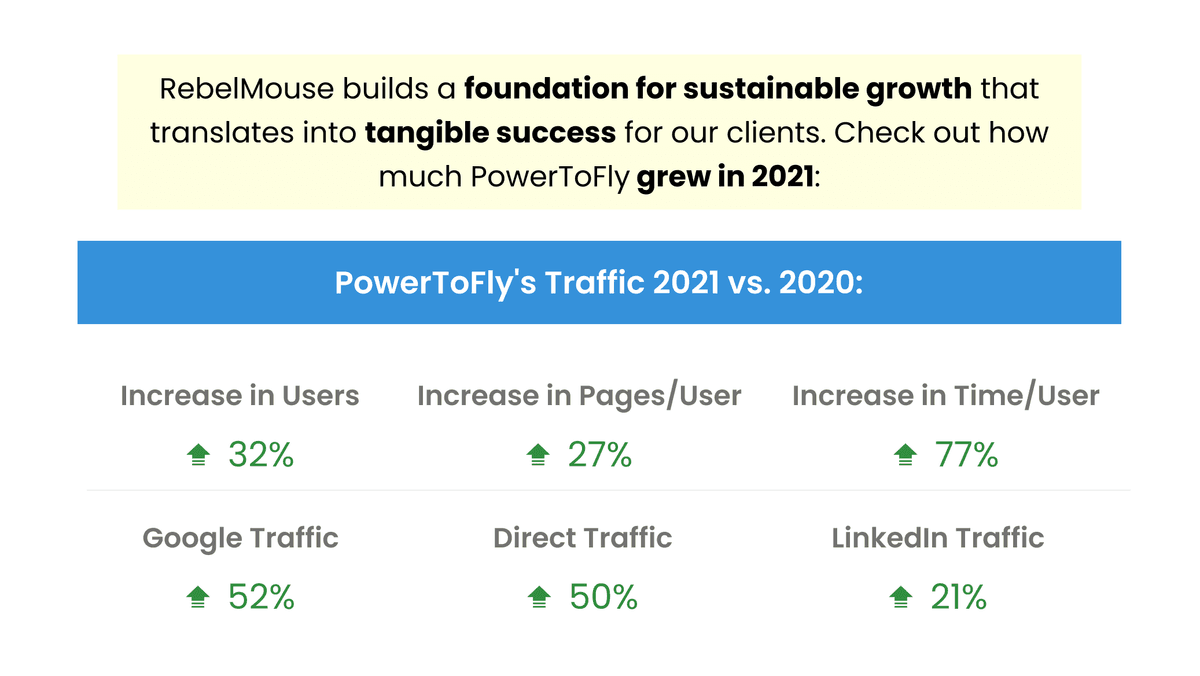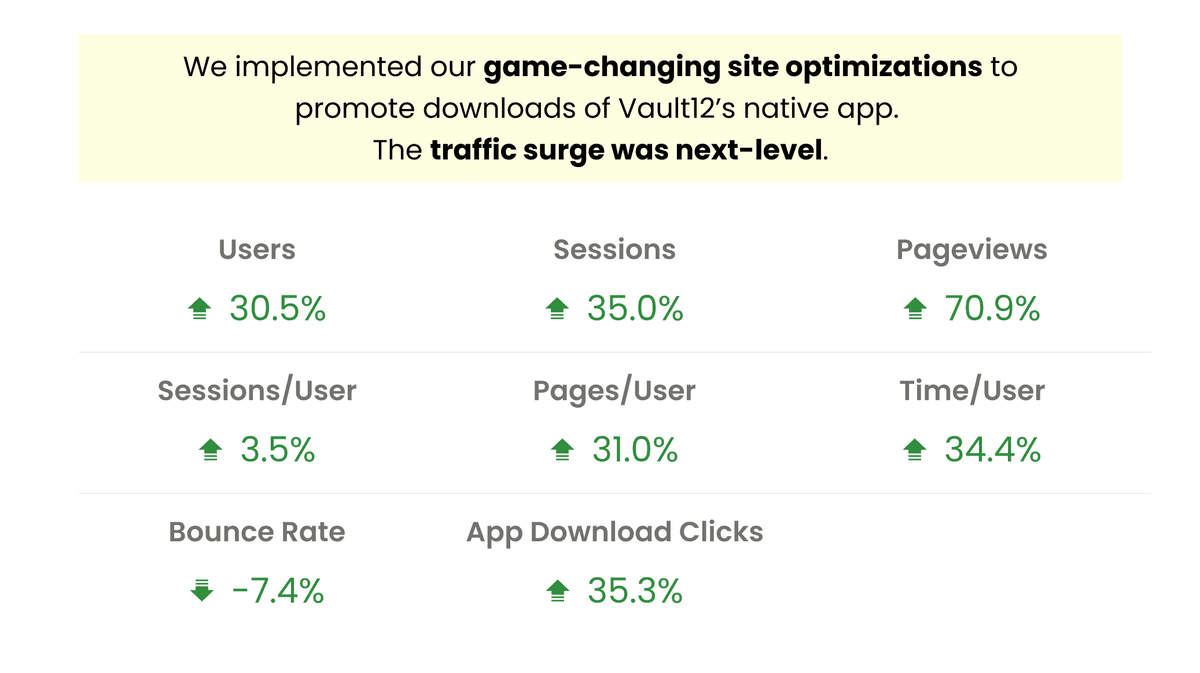The More Data the Better: Insight Into How Google Measures Page Performance
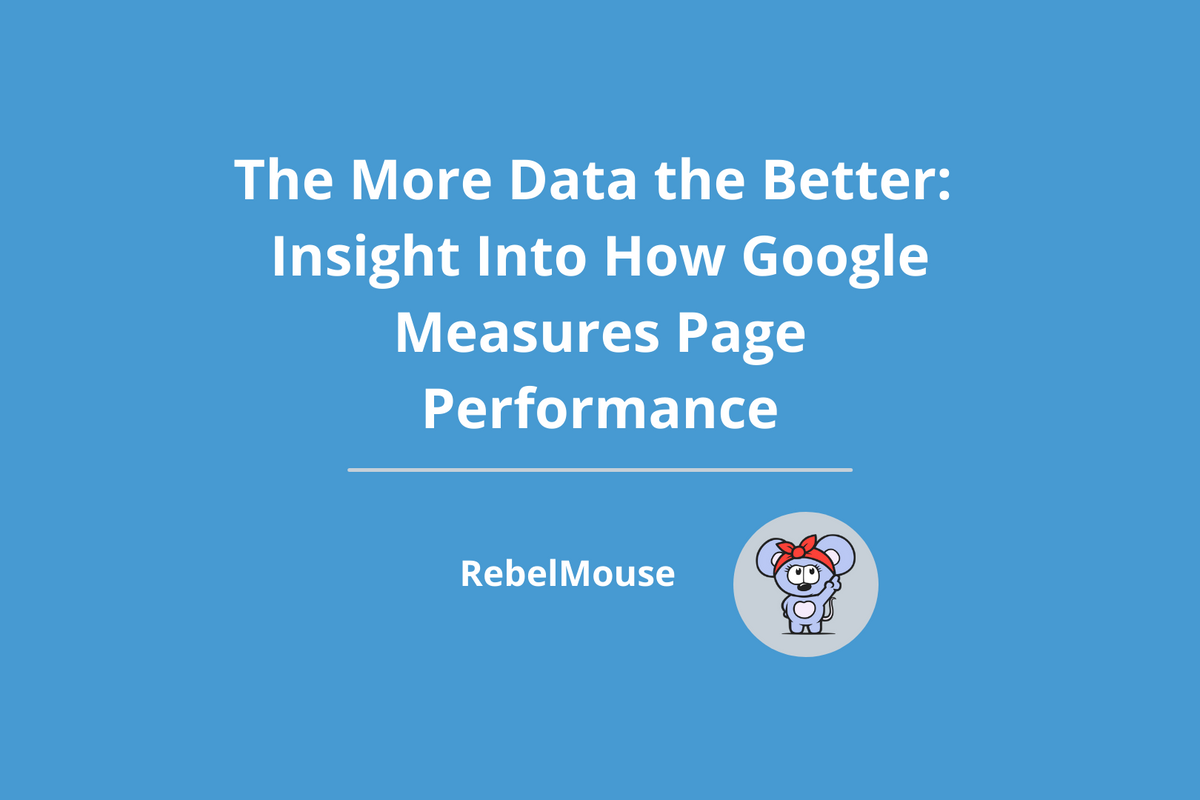
Now that Google’s page experience update has completely rolled out on desktop and mobile, it’s important to know all the ins and outs of how the search engine measures site performance.
In case you missed it, Google’s page experience update was a massive change to how Google considers page speed as a ranking factor for search, and this included the prioritization of a set of key metrics called Core Web Vitals. Poor scores on these measurements have the potential to tank your site’s traffic. Click here to learn more.
Google’s Search Advocate John Mueller said that the page experience update can be broken down into different sections of your site based on how much data is available.
During a recent Google SEO office hours hangout, Mueller gave the example of an e-commerce website that has fast product pages, but other pages on the site are low performing. In that scenario, he said Google has “enough data to look at the product pages separately, then we can kind of have that group of pages kind of treated on its own. And if there's a different kind of page across the site that has enough data that is kind of slow, then we'll say, ‘Well, this kind of page is more slow.’”
That means each page of your site could score differently on Core Web Vitals, and that one poor-performing page may not impact your site’s entire search performance.
“If you have a kind of page that is very slow, and we can have enough data for that kind of page to understand, ‘Well, this is just that part of the website,’ then just that part will be affected by the Core Web Vitals and the page experience update,” Mueller said.
Watch Mueller’s full thoughts here:
English Google SEO office-hours from March 11, 2022 www.youtube.com
Mueller’s anecdote is a good reminder of just how important it is to provide as much data as possible to Google so that they can evaluate and index your site correctly. This can be done by making sure your site structure is easy to navigate and implementing comprehensive structured data on every page of your site.
Make Sure Your Site Is Ready for Google’s Speed Test
RebelMouse is a modern CMS that outperforms the competition on Core Web Vitals so that content creators never have to worry about site performance. We can also make sure that your team has the kind of structured data and taxonomy that Google is looking for right out of the box.
Click here to start chatting with us about how we can help transform your business.
Click here to read more about this topic on Search Engine Roundtable .






























